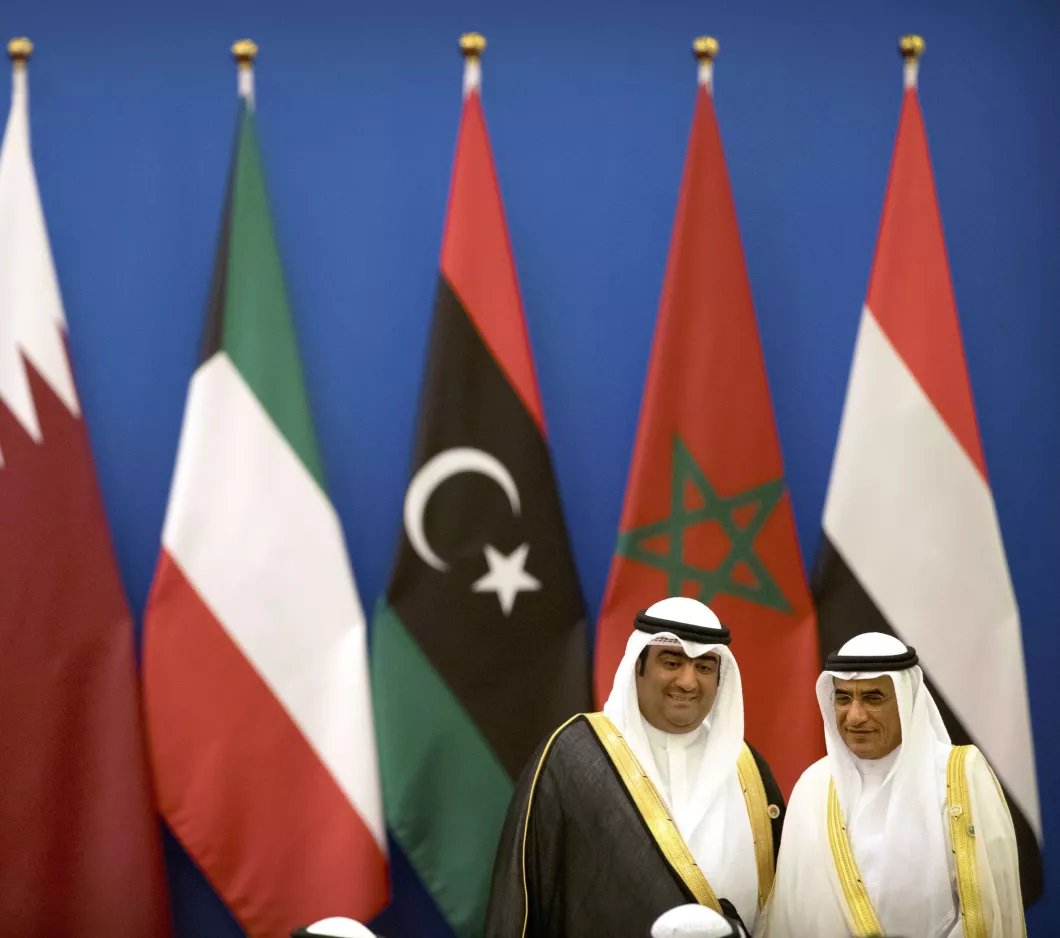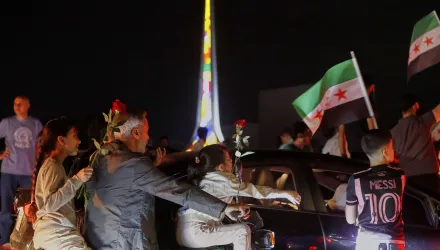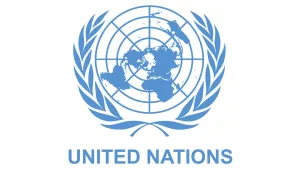
Associated Press
Middle East & North Africa
The Middle East & North Africa (MENA) region is characterized by a complex interplay of geopolitics, security challenges, and socio-economic dynamics. We examine the multifaceted issues facing MENA, including regional conflicts, energy security, the implications of political transitions, terrorism threats, and humanitarian crises. Our interdisciplinary approach integrates insights from political science, security studies, and regional studies. By collaborating with stakeholders, policymakers, and scholars, we aim to develop strategies that promote stability, foster economic development, and advance peace in the MENA region.
The Latest

via AP Newsroom
Policy Briefs
What Lifting U.S. Sanctions Means for Syria’s Transition
by Ibrahim Al-Assil
From Middle East Initiative
-
-
-
 Associated Press - Emrah GurelReports & Papers
Associated Press - Emrah GurelReports & PapersRisk, Leverage, Autonomy: Turkey’s Options in a U.S.–China World
November 2025 by Senem Aydin Duzgit
3,079
results
Filter by
Filter
Your search did not return any results. Please try another search.





